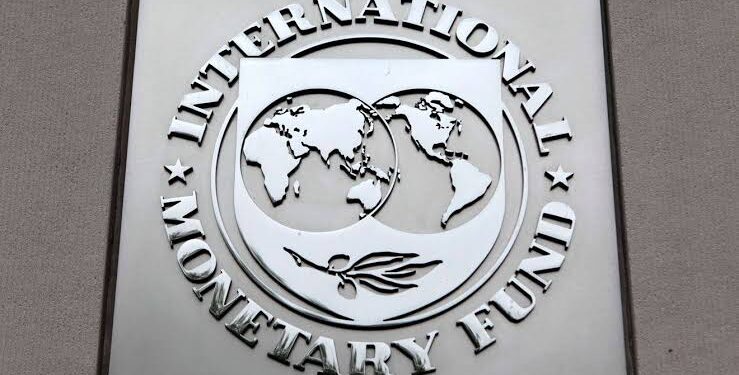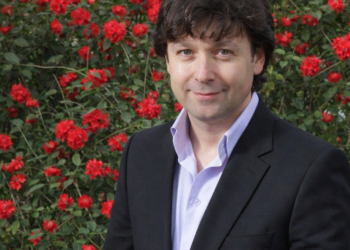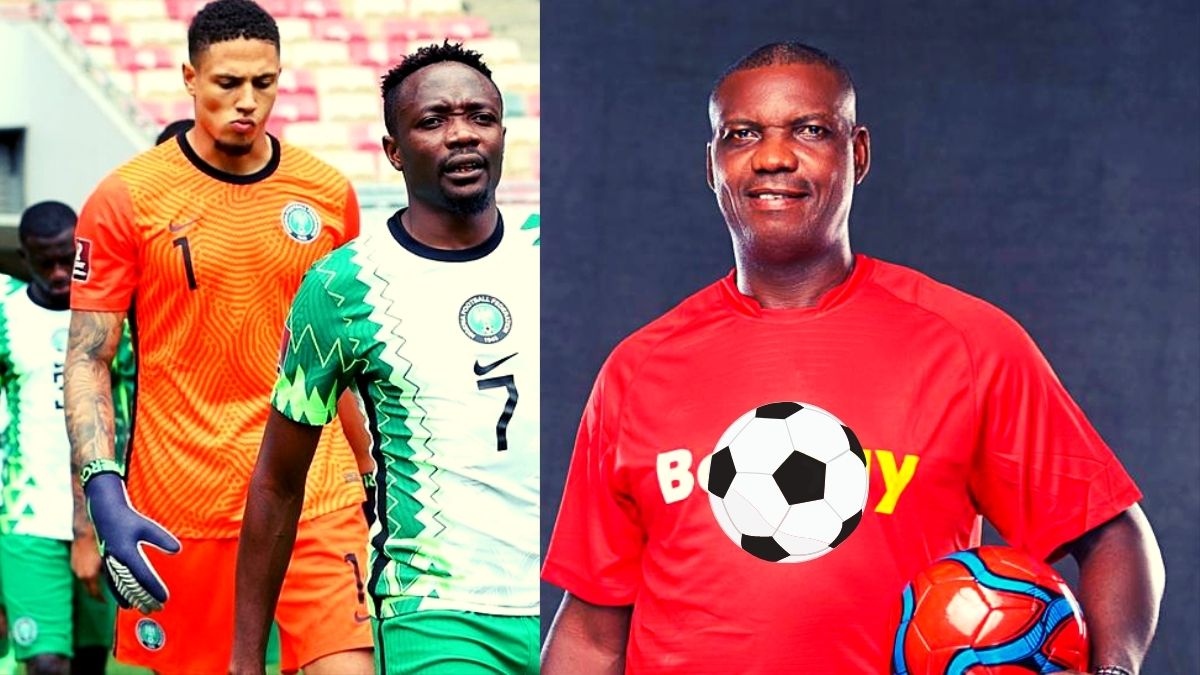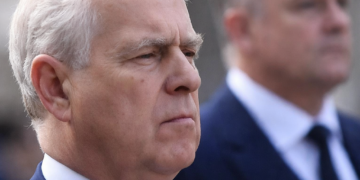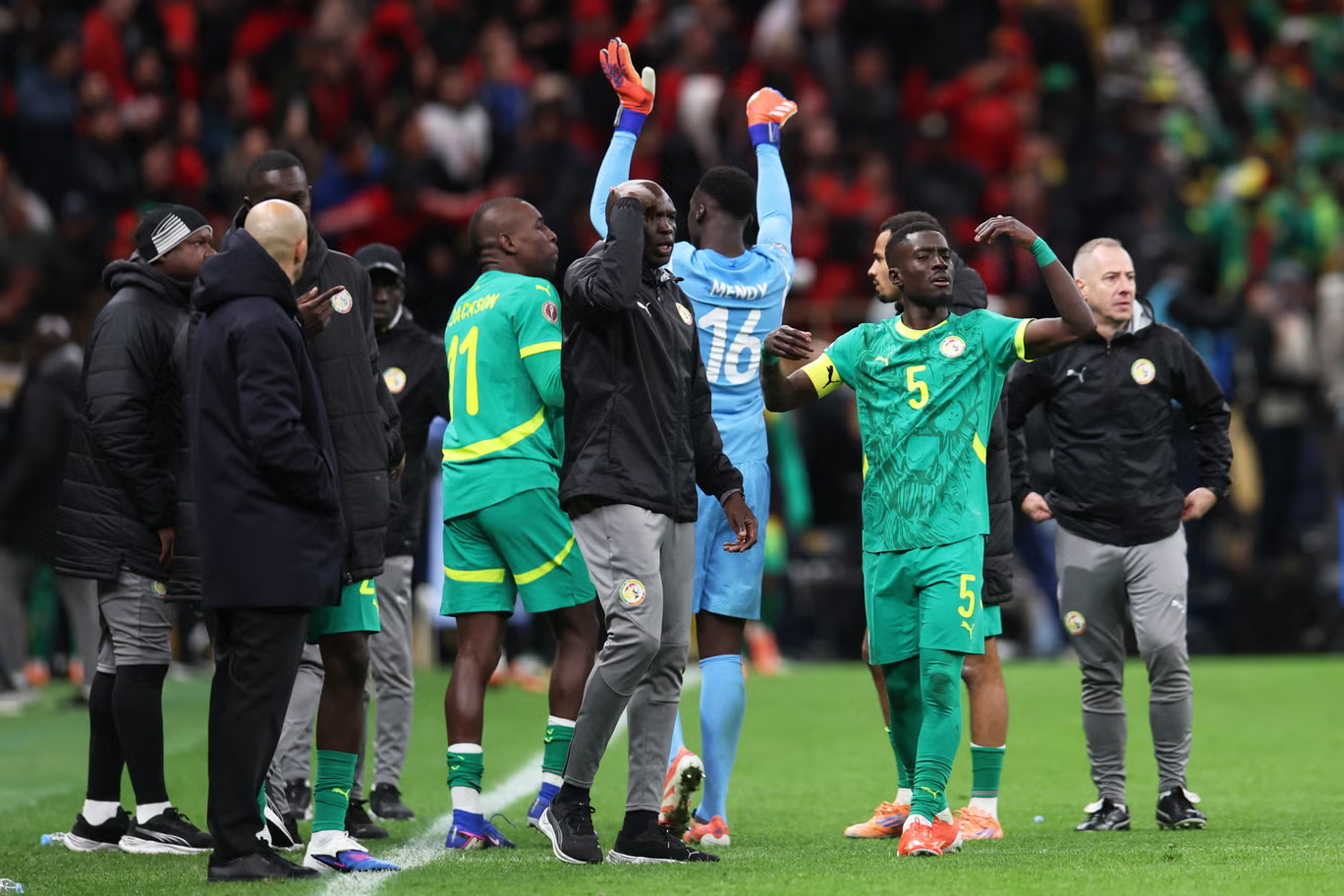Despite the rumors swirling through business circles, the International Monetary Fund (IMF) has set the record straight: Nigeria hasn’t made any funding requests. In a pointed statement, IMF’s African Region Director, Abebe Selassie, laid it out plainly during the release of the Sub-Saharan Africa economic outlook in Washington, October 2024.
“Let’s be very clear,” Selassie said. “There is no funding request from Nigeria.” The IMF rep brushed off the speculation, clarifying that while some countries might approach the IMF, the institution expects them to come with a solid economic reform plan in hand. “Turning to us should ideally be a calculated step to reduce their funding costs,” Selassie added, implying that the IMF isn’t a quick-fix ATM but rather a partner for long-term reform.
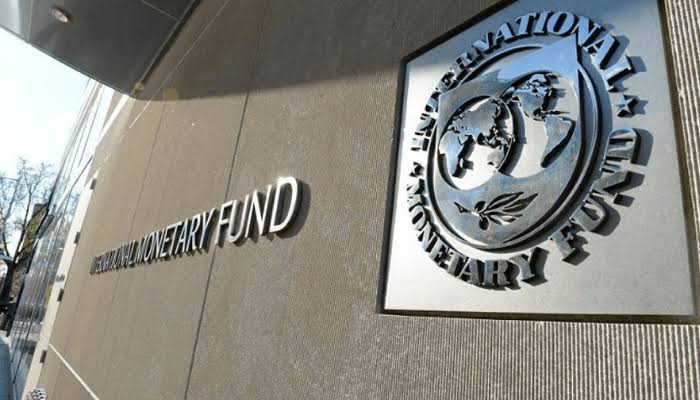
Selassie also commented on Nigeria’s decision to remove fuel subsidies, a move that caused fuel prices to skyrocket from around ₦200 to an eye-watering ₦1,200 per liter. “The subsidy removal was purely a domestic decision,” Selassie stated. “We’re only in regular dialogue with Nigeria, as we are with other nations like Japan or the UK. We have no active programs in Nigeria.”
President Bola Tinubu, who made the call to drop fuel subsidies last May with his infamous “subsidy is gone” declaration, has insisted that the policy, along with the floating of the naira—will eventually deliver economic benefits. Tinubu urges Nigerians to exercise patience, promising that the painful adjustments will pay off.
This insistence on “patience” is a tough pill for many Nigerians to swallow, given the steep increase in the cost of living. Yet, Tinubu remains firm that these moves are necessary reforms.

